Between 1909 and 1910, W.E.B. Du Bois wrote a collection of prayers on scraps of paper, which were then shoved into a manila envelope and left for his biographer, Herbert Aptheker, when Du Bois left for Ghana in 1961. These moral instructions and divine petitions were ultimately published as Prayers for Dark People and were often accompanied by a biblical source or notation. One of those sources is chapter 22 of Genesis/Bereishit.
On Shabbat this coming Saturday, we will be reading Parashat Vayera ("And He appeared"), which covers a lot of biblical ground: the miraculous birth of Isaac, the destruction of Sodom and Gomorrah, the exile of Hagar and her son. Our final monumental event is the binding (and eventual saving) of Isaac, which––you guessed it––takes place in Genesis 22.
Our discussion will bring together Prayers for Dark People and its original source material into conversation with each other. What does Du Bois's connection with this particular chapter reveal about his thinking on anti-Black racism and antisemitism at the turn of the 20th century? How have ideas of familial sacrifice, lineage, and belonging served both as tools for racial uplift and harmful racialization? There is no way we will cover all there is to know in our time together, but we hope bringing in a less typical source to our text study will help unlock the Parashat in new, meaningful ways.
Becca Leviss is a current candidate for a Masters in Theological Studies at Harvard Divinity School, where she explores the intersection of religion, ethics, and politics, especially in community building and civic engagement work. Her current studies focus on the relationships between Black and Jewish scholarship and activism, and how those insights can inform critical frameworks for imagining a future for Jewish identity and a pluralistic democracy.

